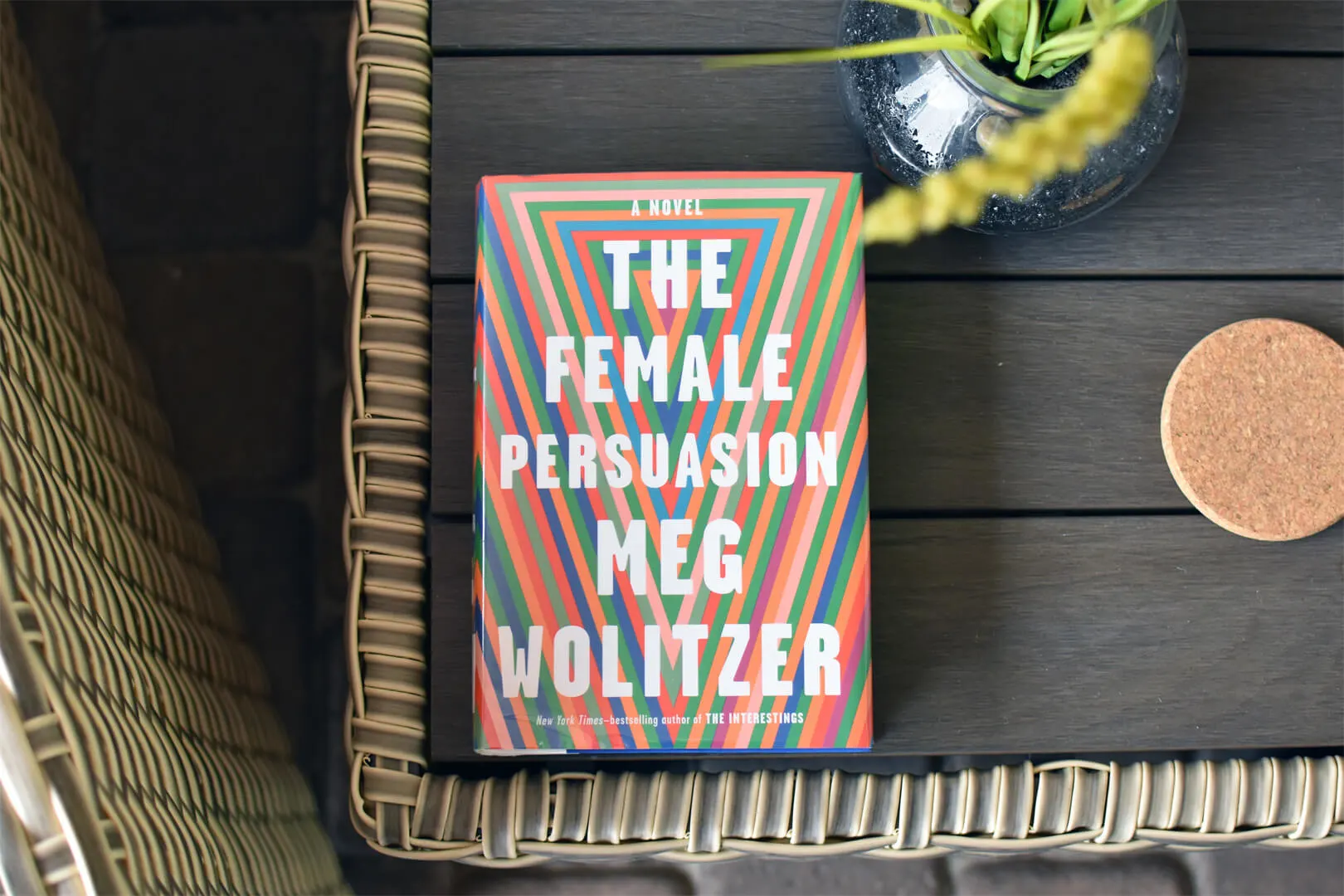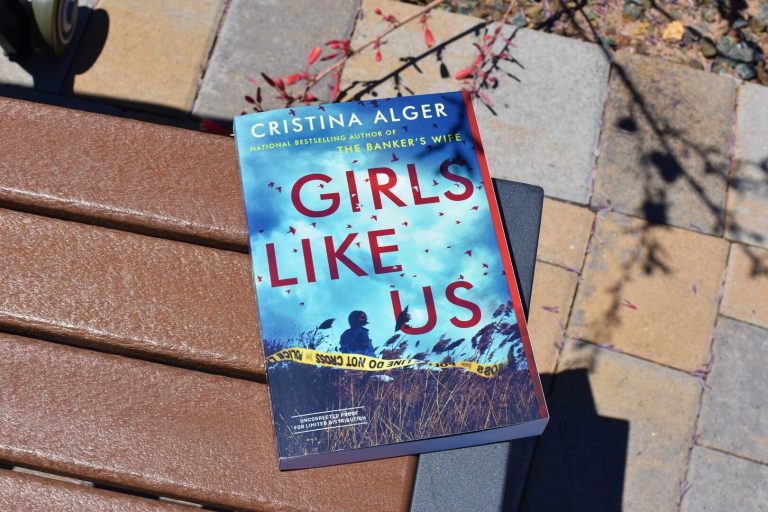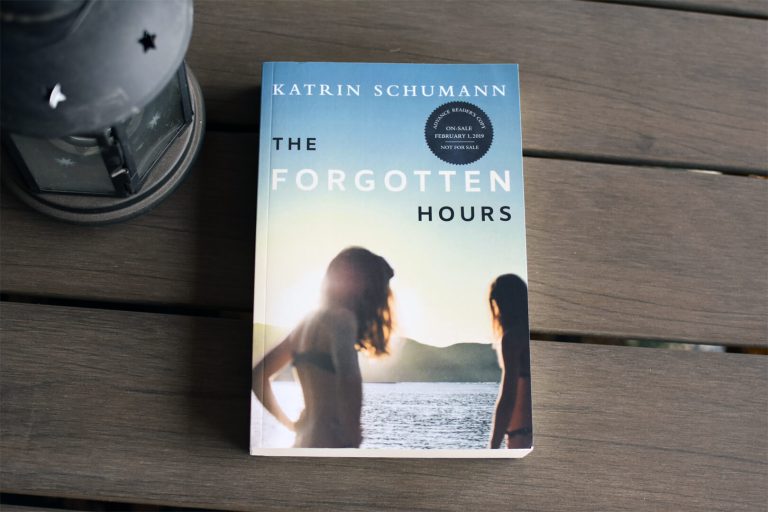The Female Persuasion by Meg Wolitzer is an interesting concept about the politics of women mentorships with a critical eye to the dynamics among women. There are areas of the book I enjoy but ultimately, this read fell flat for me.
At the beginning of the novel, we meet Greer Kadetsky, a shy college freshman. When Greer hears feminist icon Faith Frank speak, her entire world expands. Greer desperately wants to find a sense of purpose. And Faith grants Greer this by hiring her after she graduates from college. But it slowly becomes apparent not all is what it seems when it comes to Faith.
Narrative structure
While the beginning is heavy on Greer’s point of view, it eventually switches to Greer’s boyfriend Cory, her college roommate Zee to even at one point Faith’s perspective. This narrative style felt uneven to me and too much backstory about those characters without moving the plot along. While there is a connection between those narratives, it wasn’t enough to feel earned. And in fact, as the story goes on, I became more interested in Cory’s story — his arc could be its own book, which is odd since this novel’s promotion was so focused on female mentorship.
Something I did like was that while there are heavy topics, there’s plenty of comedic moments.
Female mentorship
Faith’s rise to become a figure in the feminist movement is intriguing. And it also shows how feminism evolves and changes from each decade. I wanted more of the mentorship of Faith to Greer. And while Greer does see the danger of holding anyone up on such a high pedestal and having “blind faith” in someone, I wanted more from that revelation. In the end, Greer and Faith didn’t have many scenes together. I do feel female mentorship is an important topic and I wish it would have been a focus in this book.
There’s plenty of talk about what it truly means to be a feminist, the economies of feminism and sexual identity. It hints at the current state of politics but it doesn’t lean into that narrative as much as it could have. Also, obviously Faith is all about feminism but what is she really trying to achieve in the context of this? Equal pay, gender equality, reproductive rights but it all felt like talk and not a lot of action. And same with Greer. We’re on this journey where Greer will realize her inner feminist hero but I never felt that. She isn’t as compelling as she could have been but maybe that’s the point? Maybe it was supposed to show feminism from privileged lenses.
Is it worth the read?
I’m going to say it depends. I do think it can spark conversation. But you have to be prepared that for one, it’s long (over 400 pages). And two, while it’s touted as the great feminism read of this era, it misses the mark there. I think this was a case of a book being overhyped so if you do read it, keep that in mind and it’s probably more enjoyable.
What I’m curious is that Nicole Kidman is set to play Faith, which she’s quite a bit younger than what’s portrayed in the book. So I wonder what changes they’ll make to the Faith character. I hope too that the movie actually focuses on the female mentorship component, which is an interesting idea if executed properly.






